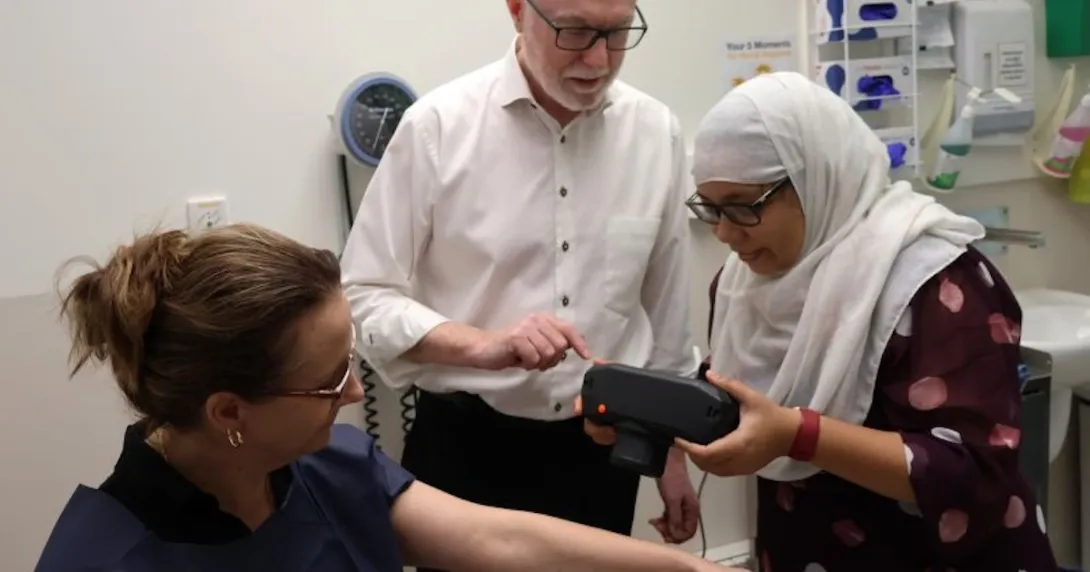
NZ awards $2.7M funding for AI projects
The Health Research Council of New Zealand has invested NZ$4.6 million ($2.7 million) in 10 new studies using AI to improve healthcare.
It includes projects to enhance post-operative monitoring, expand community eye screening, and accelerate radiology reporting.
The funding is part of a NZ$71.4 million ($42 million) national package supporting 50 health research initiatives, with additional backing for exploratory projects and early-career researchers.
A big chunk of this provides grants to programmes and projects addressing priority issues, such as developing an mRNA measles vaccine, improving breast cancer survival, optimising nutrition for preterm infants, and advancing clinical trials in areas from aneurysm management to paediatric emergency asthma care.
$2M grant for AI antidepressant study in Australia
A research project at the University of New South Wales (UNSW) has received $2.95 million ($1.9 million) grant from the Australian federal government to use AI and genomic data to predict patient responses to antidepressants.
The project by UNSW associate professor Kathy Wu aims to personalise treatment and reduce trial-and-error prescribing.
It is one of the three UNSW genomics projects awarded a combined A$4.92 million ($3.2 million) under the Medical Research Future Fund's Genomics Health Futures Mission, which supports research in cancer, rare diseases, and precision health.
The other UNSW projects focus on expanding genomic diversity and improving access to genetic testing in regional and remote areas.
Lumia Care to roll out AI-driven at-home patient support services
Lumia Care is integrating AI into its nursing services through a new partnership with digital health company RxPx, aiming to scale personalised at-home care and patient safety monitoring across Australia.
Based on a media release, they will offer a range of inpatient services via RxPx’s digital patient support programs, including at-home infusions and injections, oncology at home, clinical trial support, remote monitoring with device integration, and nurse education.
These services, according to Lumia Care and RxPx, target life sciences organisations that are poised to benefit from combined in-person nursing and digital monitoring, improving therapy adherence and patient outcomes.
Nepean Radiology installs AI-powered CT scanner
Nepean Radiology, a private diagnostic imaging centre in Penrith, NSW, has unveiled a new AI-enabled CT scanner.
The scanner, provided by GE HealthCare, provides high-quality imaging for complex cases such as atrial fibrillation, heavy coronary calcification, and stent monitoring. It also features automated positioning and protocol selection, which can reduce preparation time.
The global medical device maker claims its scanner cuts exam times to 10 minutes, compared with 25-30 minutes from standard CT scanners.
The installation at Nepean Radiology represents the first in the Southern Hemisphere, according to GE HealthCare's media release.
Telestroke service expanded to regional Victoria
Ambulance Victoria has unveiled a new telemedicine service for regional stroke patients.
The Victorian Telestroke Inpatient Service, touted as a first-of-its-kind in Australia, provides direct virtual access to neurologists and stroke specialists.
The service, which debuted at Werribee Mercy Hospital, extends the Victorian Stroke Telemedicine program to the region.
This comes following a report that only 35% of stroke survivors in regional Victoria received formal care from a stroke unit in 2023.

